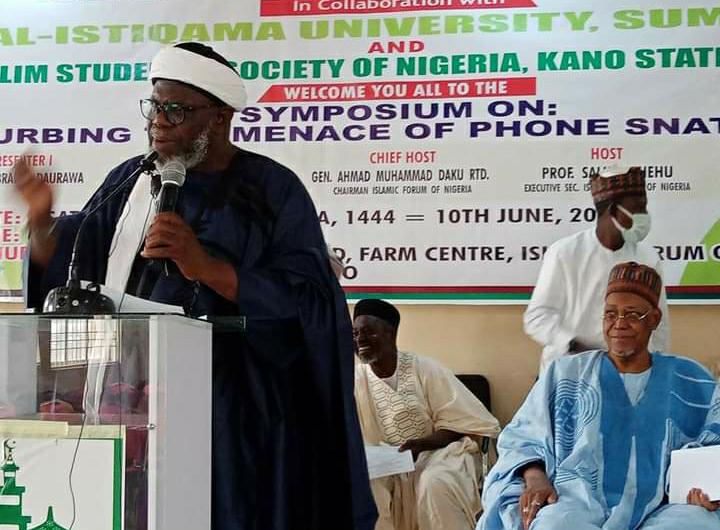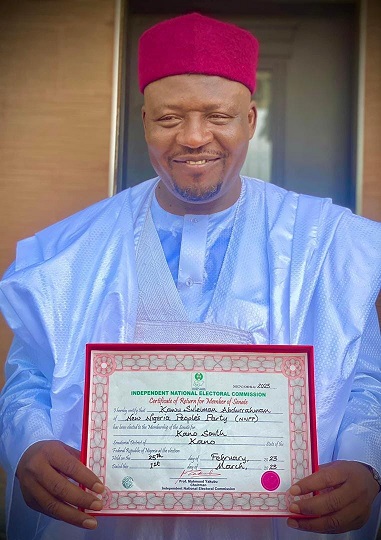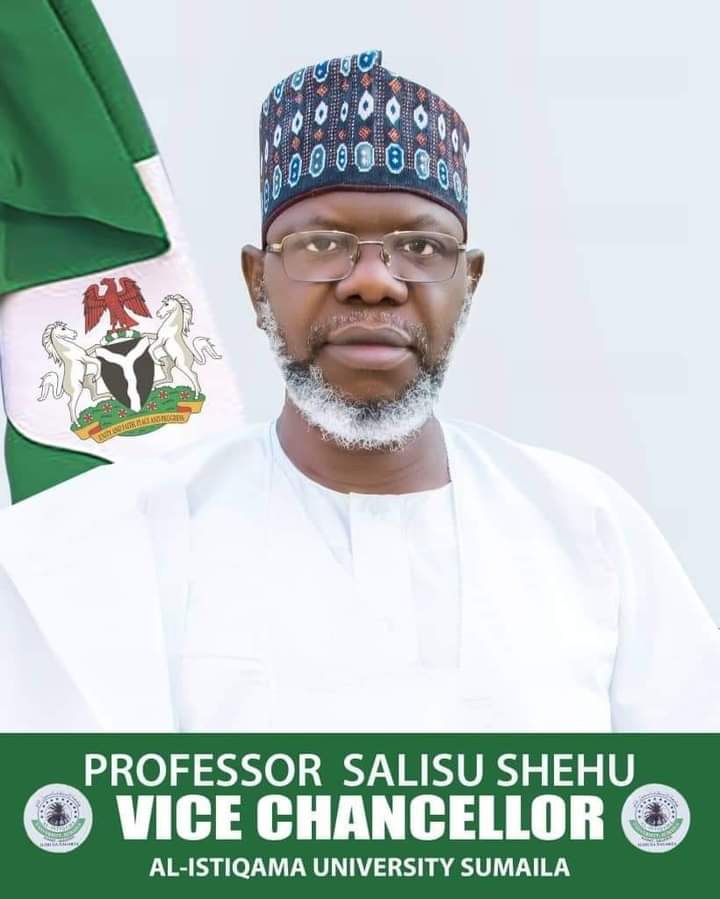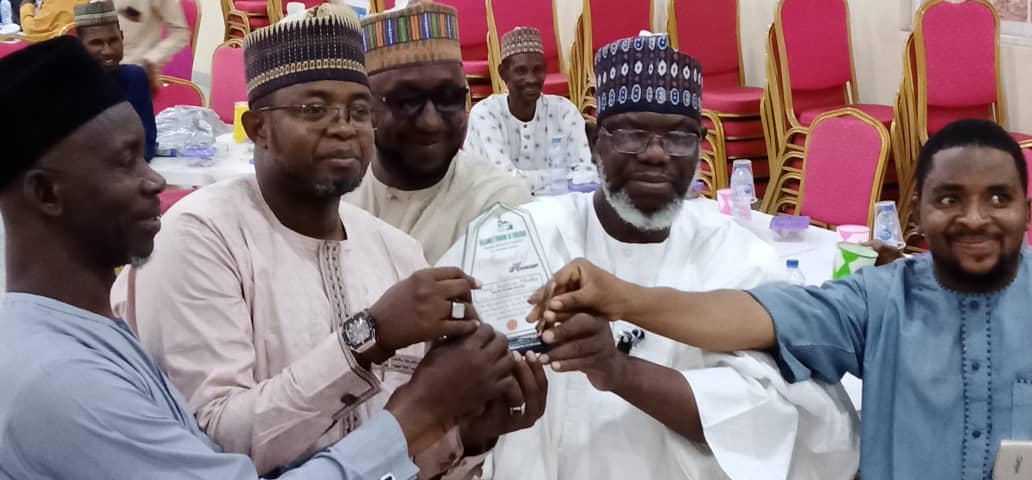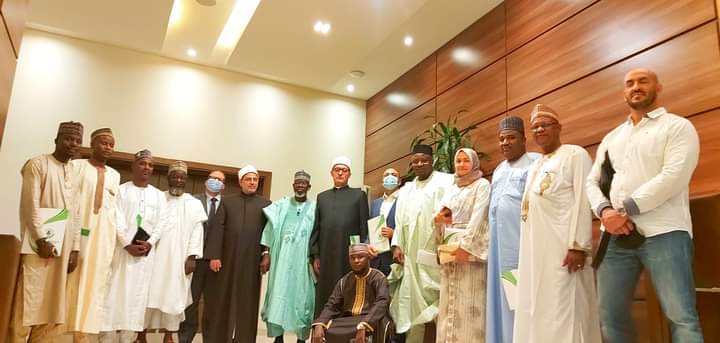Alistiqama University Sumaila celebrates full 5-year accreditation of Medical Laboratory Science programme
By Amara F. Sesay Alistiqama University Sumaila is proud to announce the full accreditation of its Medical Laboratory Science Program by the Medical Laboratory Science Council of Nigeria. This accreditation reflects…

